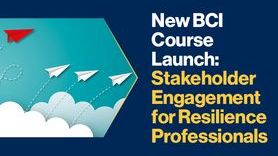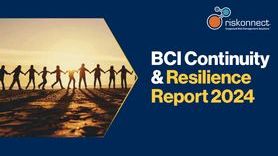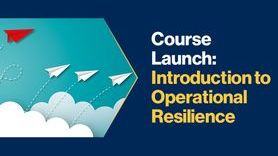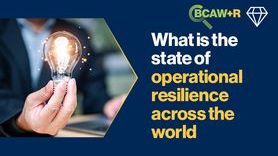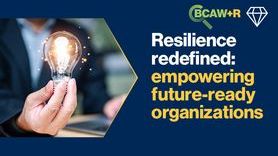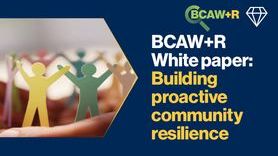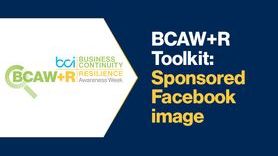A new leader for the BCI Netherlands Chapter: Jean-Pierre van Eekelen MBCI
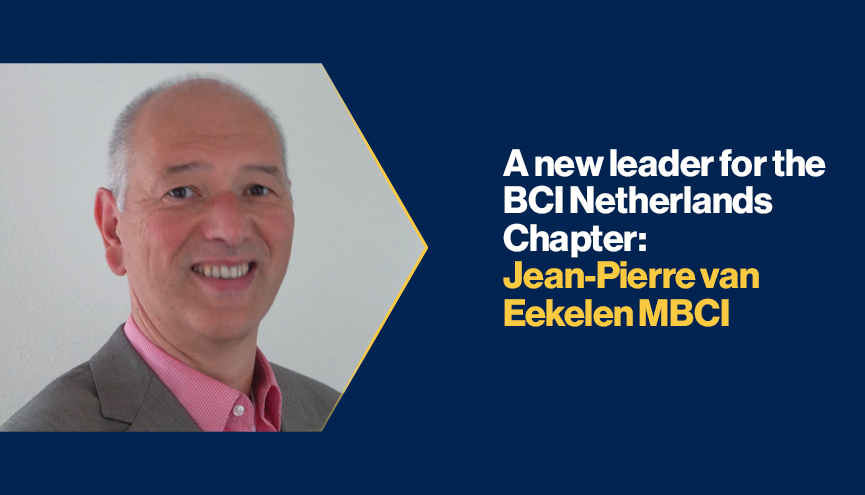
We are pleased to introduce the new leader of the BCI Netherlands Chapter, Jean-Pierre van Eekelen MBCI.
Jean-Pierre is currently the Corporate Business Continuity Officer at ProRail — the Dutch railway infrastructure provider. There he manages the Business Continuity Management (BCM) system, as well as a programme to enforce the resilience of the organization in line with the upcoming EU requirements regarding the Resilience of Critical Entities (CER). On top of these roles, Jean-Pierre is also a Data Protection Officer in the frame of the privacy regulations.
About his background, he explains: “My first interest in BCM didn’t have any academic background, it was simply the result of personally experiencing the difficulty of managing a crisis without proper preparation (‘never waste a good…’).” As line manager for ProRail, Jean-Pierre had to manage several disasters, including railway corridors going down for days at a time and consequently letting down thousands of passengers, a two-track corridor suddenly becoming unstable during heavy rainfall, and even a fire in a traffic control centre. After years of improvising and struggling, Jean-Pierre was asked by the COO to implement BCM company wide. He says: “It was only then that I started my professional education in BCM, resulting in proper certifications.”
Nowadays, he explains, “it is both this personal “struggling” experience in the past and my multi-disciplinal orientation that drives me to be active in gaining and sharing knowledge and experience in the field of BCM and resilience as widely as possible, such as with the BCI, within the NEN (Netherlands Standardisation Institute), etc. I regard the BCI as a unique platform to share experiences, methods, best practices, and even failures with other professionals in order to increase our professionalism in this discipline, which is still relatively young but is getting more and more important in this world.”
As per his new role as the leader of the BCI Netherlands Chapter, he says, “I am excited to get the opportunity to lead the Chapter. My ambition is to further develop the Chapter as a platform where experienced resilience professionals, newcomers, and students can meet each other and improve their theoretical and practical knowledge in the field. I feel that, in this world of interdependencies, climate change, cyber threats, etc, with our profession, we can and should make a difference.”
According to Jean-Pierre, “climate change and cybersecurity” are the top risks both in Europe and globally. Although, he also says: “On top of these, I see increasing interdependencies between companies and governments, which emphasizes now more than ever the need for supply chain continuity and client diversification. Of the organizations that I am in contact with, only a minority of them are really resilient in this respect (redundancy in suppliers, multi-supplier contracts, open system standards, etc). In my opinion, there is the need that this evaluates to common use and I would advise my fellow BCM /resilience officers/managers to invest in this.”
He also believes that the BCM/Resilience profession should become a standard and obvious role within both large and small organizations. Today, he explains, “the dependencies of organizations are high, and a chain is as strong as the weakest shackle.” He points out that “resilience should play a major role within both operational organizations and educational institutes, just as disciplines like risk management and quality management are standard.”
About shining a spotlight on resilience as a major profession, Jean-Pierre says, “it’s one of my personal focal points as Chapter leader.” He also emphasizes the need to invest in the knowledge and skills of current and new resilience professionals, to stimulate and support universities and other educational institutes to include resilience in their programmes, and to involve young resilience professionals in networks such as the BCI’s. Jean-Pierre says, “challenges like climate change and cyber threats are developing fast. This world deserves resilience professionals that develop faster!”










